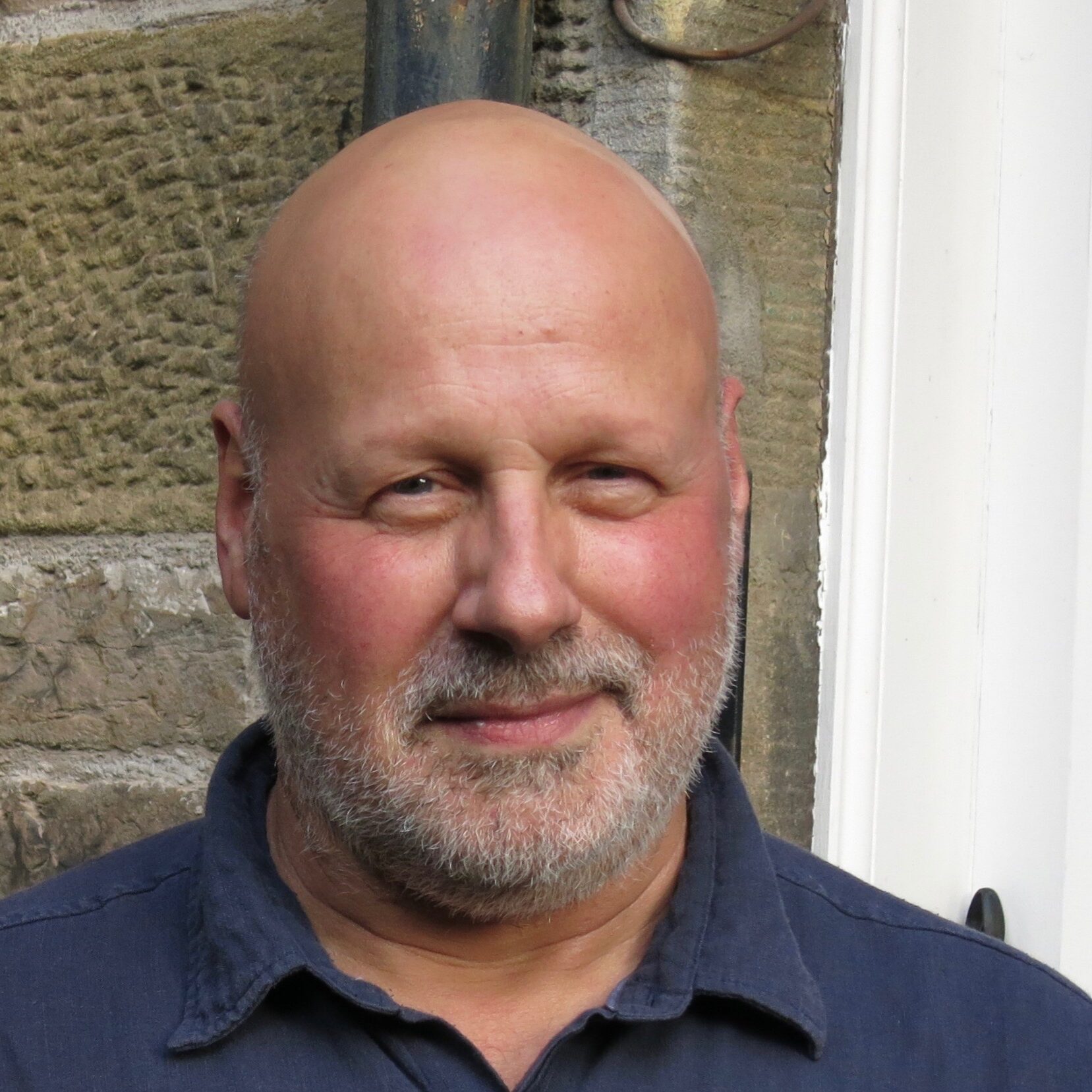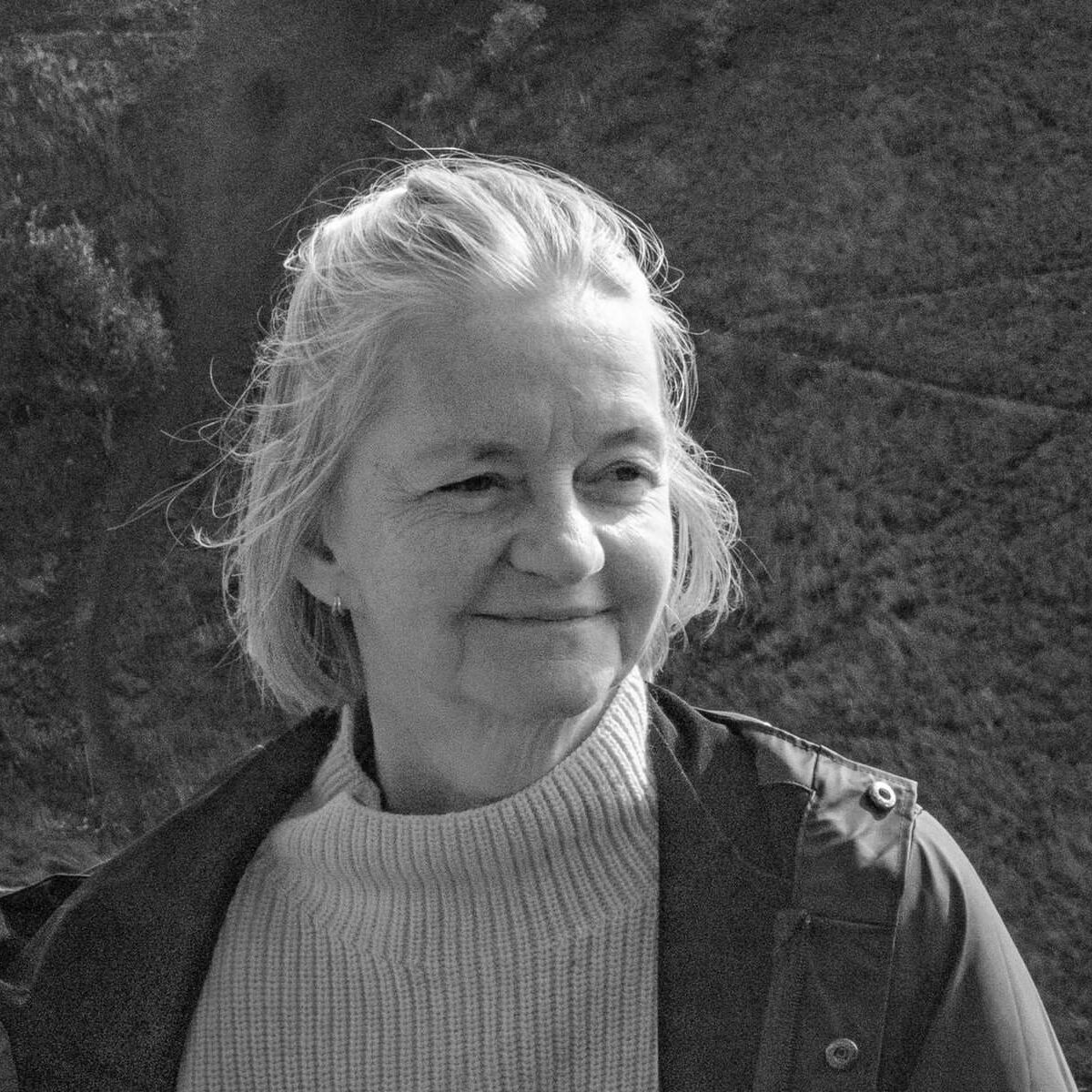
- This event has passed.
Geddes and the Scottish Generalist Tradition
22nd January 4:30 PM – 6:00 PM GMT
Situating Geddes
The Data Civics Observatory is inspired by the work of the sociologist, urban planner, and polymath Patrick Geddes (1854-1932) and his pioneering ideas about the evolution of the city. But how can we situate Geddes intellectually, culturally and politically to give context to this work? In this short series of talks we explore this question by placing Geddes in his cultural-political context and speaking to his enduring relevance to urbanism, civics and ecological thinking today.
About this event
This talk places Geddes within the Scottish interdisciplinary tradition (what George Davie called The Democratic Intellect) and explores Geddes’s global links, both at in the early twentieth century and today not least with reference to his influence in Japan, India and the USA.
Speaker Biographies

Professor Murdo Macdonald is Emeritus Professor of History of Scottish Art at the University of Dundee. He is author of Scottish Art in Thames and Hudson’s World of Art series. He has worked extensively as an art critic and is a former editor of Edinburgh Review. Along with Will Maclean RSA and Arthur Watson PPRSA he developed the practice-led PhD programme in Fine Art at Duncan of Jordanstone College of Art and Design. Other research interests include Robert Burns and art, and the cultural milieu of the Celtic revivalist and ecologist Patrick Geddes, not least with respect to cognate cultural revivals in India and Japan. In 2005 he co-edited Patrick Geddes: By Leaves We Live, jointly published by Edinburgh College of Art and Yamaguchi Institute of Contemporary Art, with text in Japanese and English. His book Patrick Geddes’s Intellectual Origins was published by Edinburgh University Press in 2020.

Professor Liz McFall is Director of the Data Civics Observatory at Edinburgh Futures Institute and Personal Chair in the Sociology of Markets. She is an interdisciplinary sociologist with research interests that cross the social studies of insurance, cultural economy and market studies. Her recent research explores historical, spatial and infrastructural connections between institutional investment, urban governance and everyday social life. This informs the Data Civics programme which draws inspiration from Patrick Geddes in its emphasis on using digital and experimental ethnographic methods to investigate the social, political, cultural and economic dimensions of civic planning, governance and placemaking.






